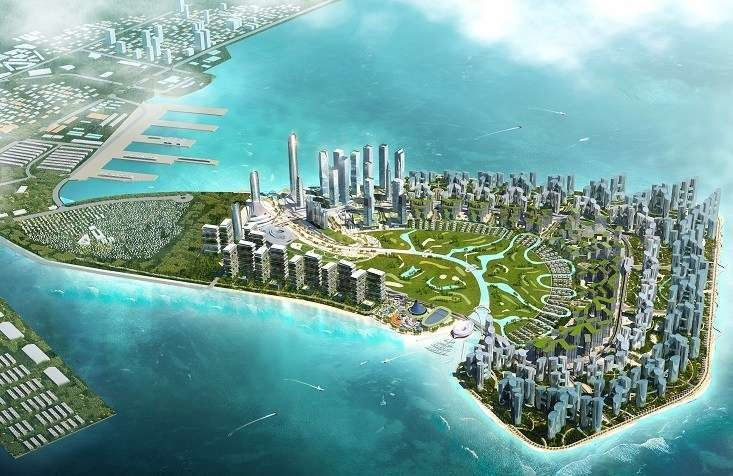The Ocean Data Alliance
- Jun Hong Park

- Aug 5, 2019
- 2 min read

Next Week, The Ocean Data Alliance is meeting at New Lab in The Brooklyn Navy Yard to explore how cities are sources of ocean pollution and environmental innovation and how some cities, like New York, are making great strides to clean it up and what we all can do to help.

Around the world, vast human population centers on coasts are polluting the ocean with sewage, farm runoff, garbage, industrial chemicals, plastic, and even antibiotics - creating oxygen dead zones that run for tens of miles from our coasts and this is exactly the region where most fish, mammals, coral, and ocean biodiversity want to live, breed, and feed. These dead zones are depleting biodiversity and destroy the ocean's ability to absorb CO2.

Oxygen levels in the ocean are down 2% to about 11mg/l, but in many coastal regions O2 levels are below 3mg/l, and fish can't breath. According to recent studies from Woods Hole Oceanographic Institution, phytoplankton (the little critters that absorb carbon) populations have declined by 40% since 1950. The lives we live and the garbage our nations generate is contributing to the breakdown of the ocean's food web, which also degrades the natural process of sequestering CO2 from the atmosphere to the bottom of the ocean.

If we don't invest in new solutions for waste management and pollution remediation, the oceans will continue to degrade, making our challenges on land to transition to carbon neutral solutions even more difficult.
This is a global crisis that requires all of us to collaborate and coordinate between vastly different organizations and cultures - big business and environmental activists, ocean tech startups and government marine science programs, conservation and restoration, cities and banks. Urgently, because we can't sit back and do business as usual with incremental solutions as we have in the past. The time is now for new thinking, collaboration, and solutions.

The event agenda next week focuses on the role of cities in collecting ocean data, coordinating between disparate groups to develop new solutions that remediate and restore coastal regions, build great ocean awareness among citizens, and transform urban ocean zones into Smart Ocean City public spaces and environmental assets. The event will be fully interactive, and the audience is invited to participate in open conversations.
In putting this event together, I've learned a lot that gives me hope and optimism about the future of the ocean and our planet. I see some amazing people in big business who are stepping up to go far beyond Sustainability Offices to lead new product development and channel huge corporate resources to improve the oceans. I see ocean technologies that can cleanup sewage, recycle farm runoff, transform toxic chemicals, and regrow coral reefs. We are on the cusp of a revolution in Smart Ocean Cities that can restore much of the ocean we've lost to ocean garbage dumping and those changes can improve CO2 absorption and re-balance our natural world.

The value of data is proportional to its utility. There is no greater measure of data value than the health of the world we live in. All of us can step up and make a difference to save the oceans and our planet.

Comments